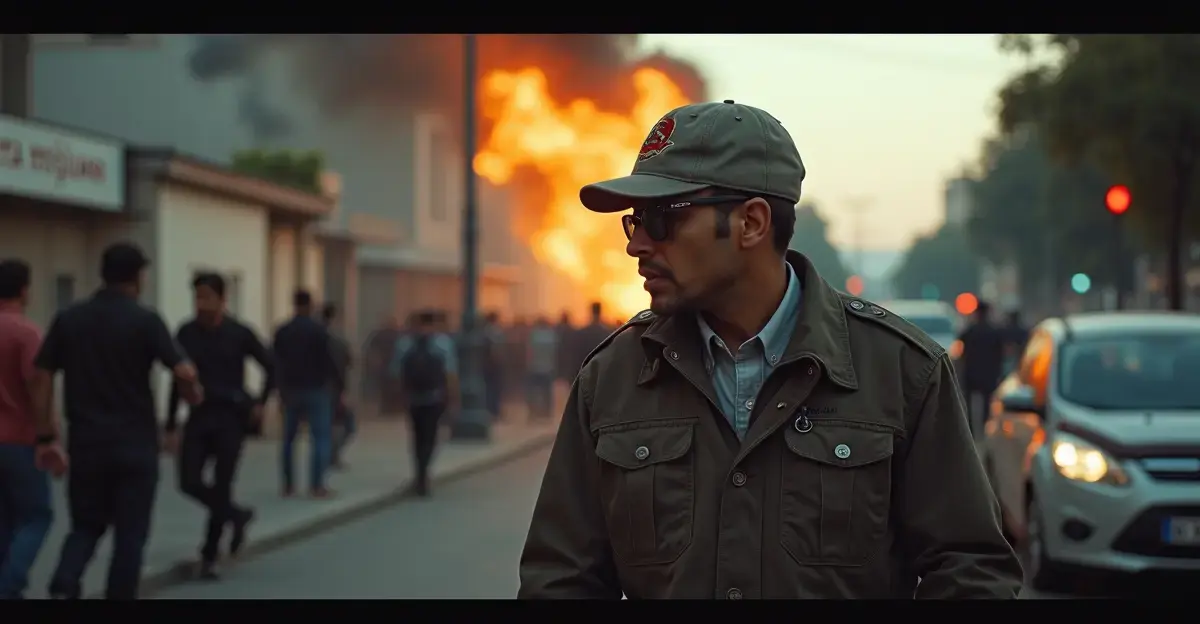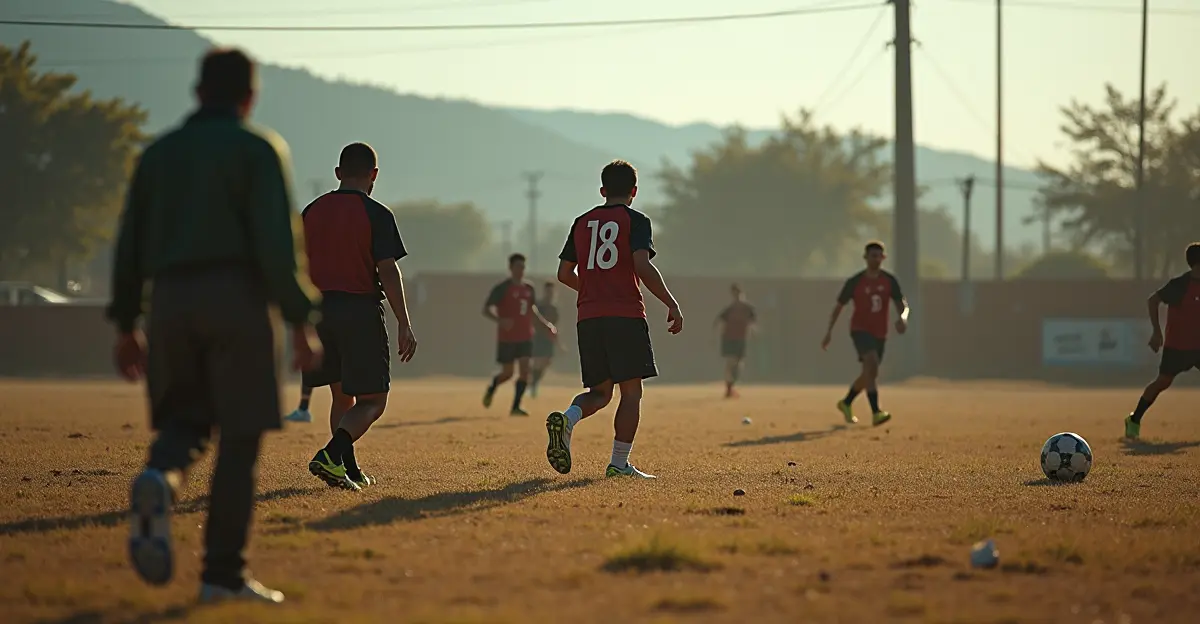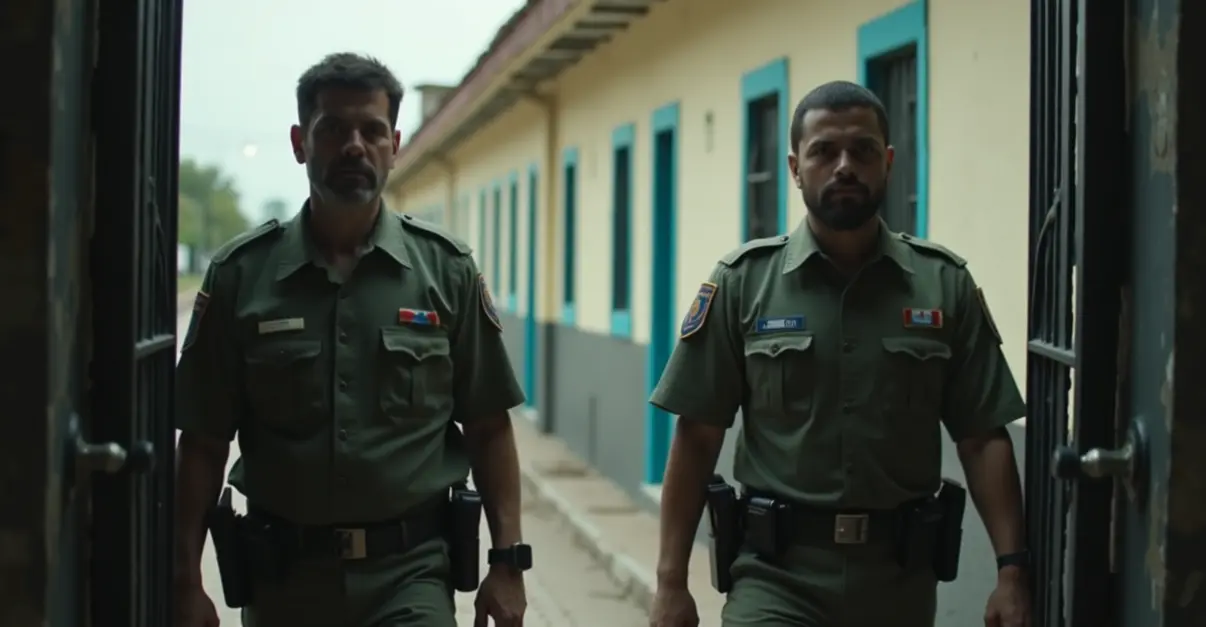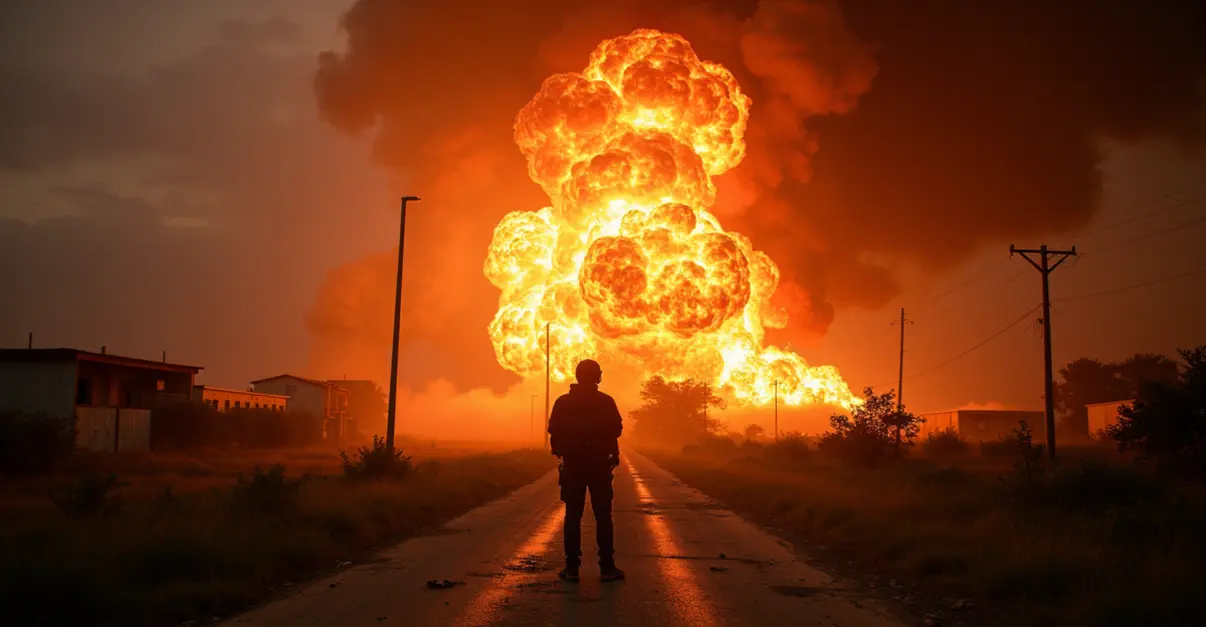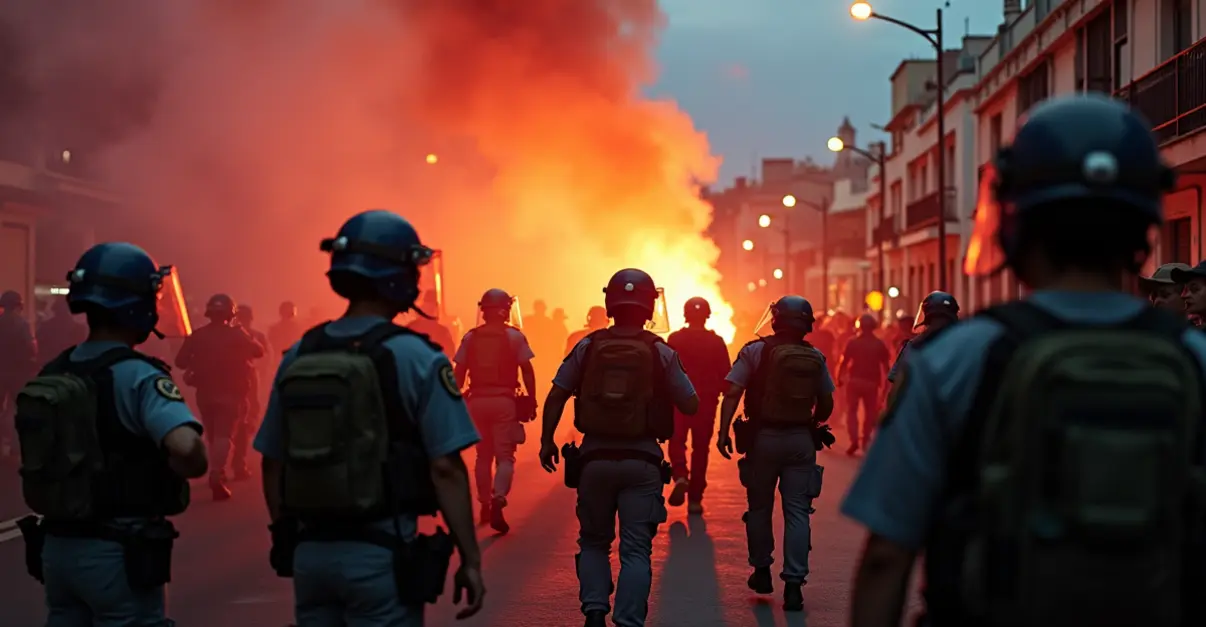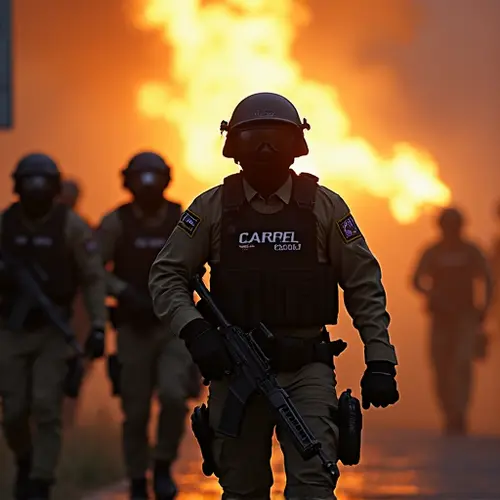Mayor's Assassination Sparks National Outrage
The brutal murder of Carlos Alberto Manzo Rodríguez, the mayor of Uruapán in Michoacán state, has ignited widespread protests and intensified pressure on President Claudia Sheinbaum's government to take decisive action against powerful drug cartels. The 45-year-old mayor was gunned down on Saturday while surrounded by hundreds of residents and tourists, moments after delivering a speech with his young son in his arms.
Manzo, known for his distinctive cowboy hat and bulletproof vest, had been elected last year with overwhelming public support precisely because he dared to confront what many Mexican politicians avoid acknowledging: that numerous municipalities are completely controlled by organized crime. Despite being protected by fourteen heavily armed police officers, a gunman linked to the powerful Jalisco New Generation Cartel (CJNG) managed to get close enough to fire multiple rounds. The assailant was subsequently killed by one of Manzo's bodyguards.
Growing Public Anger
On Sunday, thousands of Mexicans joined the funeral procession through Uruapán, demanding immediate government action against criminal gangs in the state. In Morelia, the state capital, protesters stormed the regional government building, while legislators placed hats with red stains on their seats to symbolize the bloodshed. 'We cannot continue living in fear while our leaders are systematically eliminated,' said local resident Maria Gonzalez during the protests.
The murder represents the latest in a series of attacks that reveal the power dynamics in Michoacán and across Mexico. Mayors, journalists, and union leaders who speak out against cartels frequently pay with their lives. According to official statistics, more than 100 political murders have been committed in Mexico during the first six months of 2025 alone.
Sheinbaum's Security Strategy Under Scrutiny
Criticism is increasingly directed at President Claudia Sheinbaum and her Morena party, which holds majorities in Congress and the Senate and governs most Mexican states. Although Sheinbaum remains highly popular, Mexicans are growing more critical of her security policies. A recent government survey indicates that most citizens believe Mexico has become more dangerous under her administration.
Sheinbaum appears to favor targeting cartel leadership while avoiding all-out confrontation. At a press conference following Manzo's murder, she stated: 'I refuse to declare war on the cartels as previous administrations did. Such an approach only leads to more bloodshed.' However, experts note that under her predecessor Andrés Manuel López Obrador, who focused on addressing the root causes of violence, cartel power actually increased as they were largely left undisturbed.
Mixed Security Results
The Sheinbaum administration can point to some positive security statistics. In her first year, over 30,000 people were arrested on suspicion of cartel membership, and approximately 1,500 drug laboratories were destroyed. Mexico's homicide rate currently stands at its lowest level in ten years. However, this progress is tempered by a significant increase in disappearances, suggesting that violence may be taking different forms rather than decreasing overall.
International Pressure Intensifies
The United States has made combating Mexican drug cartels an absolute priority. The U.S. government has designated several cartels, including CJNG, as terrorist organizations and has threatened drone strikes on Mexican territory. Mexico has already extradited dozens of cartel leaders to the U.S., and American attacks on suspected drug vessels have increased pressure along Mexico's Pacific coast.
According to a NBC News report, the initial training phase for a potential U.S. mission in Mexico has begun, including possible ground operations. President Sheinbaum has firmly stated that no American military personnel will operate within Mexican borders, but with persistent cartel violence across large parts of Mexico and the unpredictable foreign policy of the Trump administration, such scenarios may become increasingly plausible.
The Jalisco New Generation Cartel, responsible for Manzo's murder, has become one of Mexico's most dangerous criminal organizations. Designated as a terrorist organization by the U.S. State Department in February 2025, CJNG controls extensive drug trafficking networks and is known for extreme violence, including using drones and rocket-propelled grenades in attacks.
Broader Implications
The situation in Michoacán reflects a national crisis. Mexico remains the most dangerous country for journalists outside of active war zones, and local governments across many states struggle to maintain authority against well-armed criminal groups. As protests are planned for Mexico City this month, the pressure on Sheinbaum's government to develop an effective security strategy continues to mount.
'We need real protection, not just promises,' declared Uruapán community leader Jorge Martinez. 'When our elected officials can be murdered in broad daylight, it shows how little control the government actually has.'

 Nederlands
Nederlands
 English
English
 Deutsch
Deutsch
 Français
Français
 Español
Español
 Português
Português
